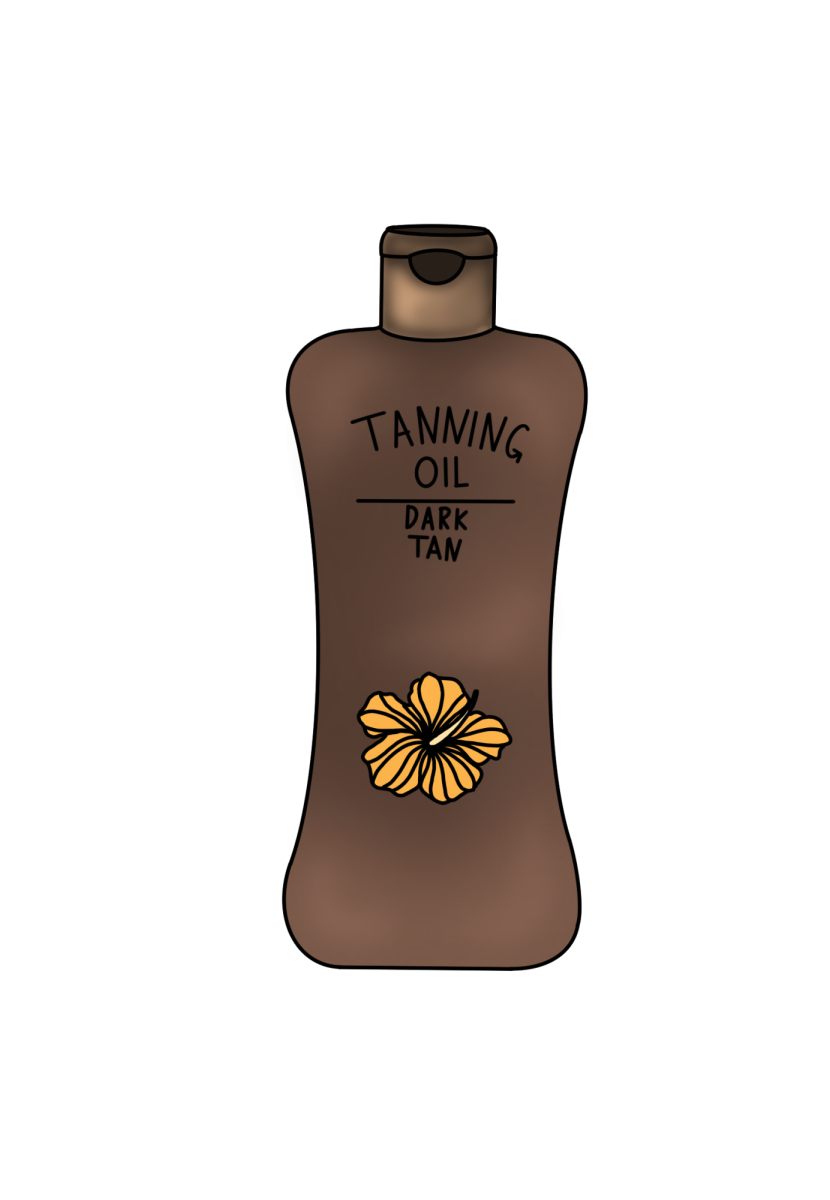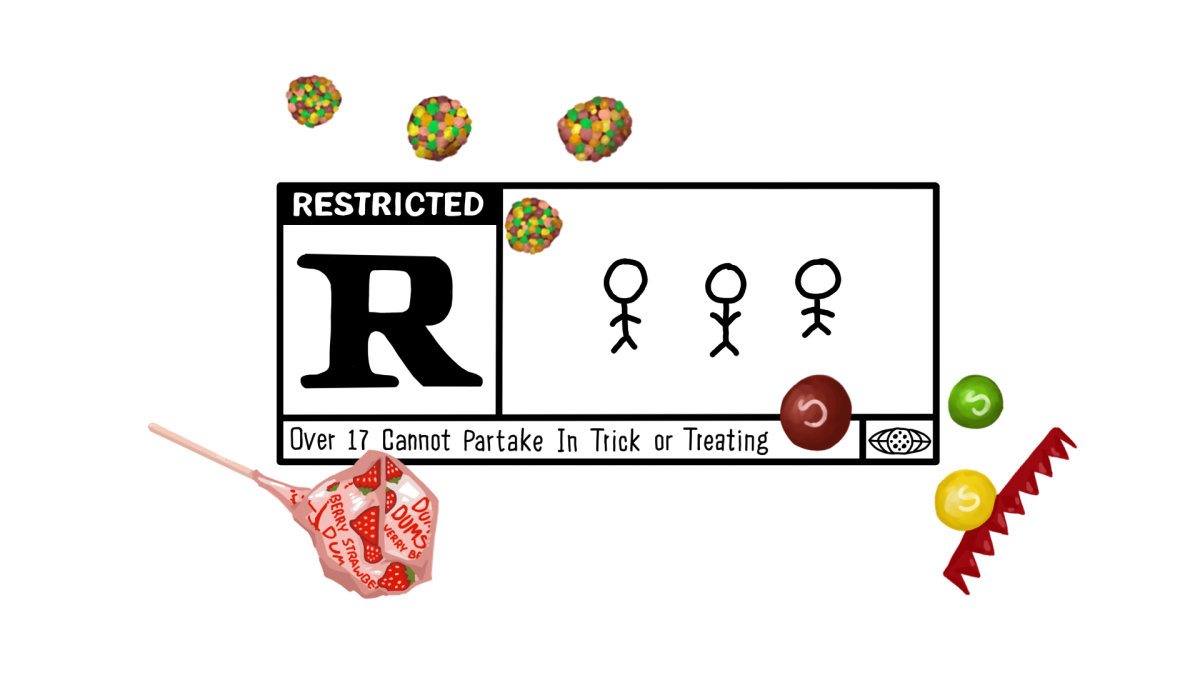Tanning is a topic that many seem to have strong opinions about. Some see it as a dangerous hobby, while others see it as harmless. People develop tans for all kinds of reasons. Some may just enjoy spending time outside playing sports, working or simply soaking in the sunshine and a tan is a natural side effect. Others purposefully seek out that bronzy sun-kissed look because that makes them feel more confident about their appearance. Either way, tanning has been a common practice amongst many individuals, especially for teenagers and young adults since the early 20th century. Before the 20th century, it was considered more trendy to be pale, until popular designer Coco Chanel accidentally got a tan on a yacht trip and her picture ended up in Vogue. After that, the tanning craze began.
Nowadays, tanning often gets a bad reputation due to the risks of painful sunburns and potential skin damage. However, there are many positive aspects to tanning that do not get enough credit. To begin, tanning can contribute to improved self-esteem. A tanner complexion may appear to even out one’s skin and offer more muscle definition, which can offer a confidence boost.
“I would rather die tan than die pale,” FHS freshman Eva Zaragoza said. “When I’m tanner, I feel better and more rejuvenated.”
Many people agree with Zaragoza and see tanning as more than just a cosmetic choice, but as a confidence booster. For many a tan is not just a “look,” it is an important form of self-care.
However, tanning does not always mean lying in the sun for hours. Artificial tanning methods like spray tans or using a tanning bed offer the same bronzed look just with a lower risk of painful sunburns. In particular, spray tans eliminate the exposure to ultraviolet (UV) light, making it a safer option for those who burn easily but still like the tan look.
While spray tans offer the same physical benefits of a natural sun tan, there are physiological and medical benefits that can only be obtained through sunlight. Natural sunlight or UV light helps our bodies produce vitamin D, which is essential for bone health and can help prevent certain diseases like type 2 diabetes or certain types of cancer, according to the CDC. Many doctors also believe it can help even out certain neurochemical and hormonal changes in our brains. Dr. Bracamonte, a doctor who works for Mayo Clinic, recommends sunlight to her patients if they are having problems with their moods.
Like most things in life, sun tanning comes with risks, especially when it involves overexposure to UV light and poor skin protection practices. However, dismissing tanning altogether ignores the benefits it can offer. Tanning can be great if done in moderation and with proper skin care and protection, like using sunscreen. The key is balance — tanning should never become an obsession. When done properly, it can contribute to both physical and emotional well-being in ways that go further beneath the surface.





















